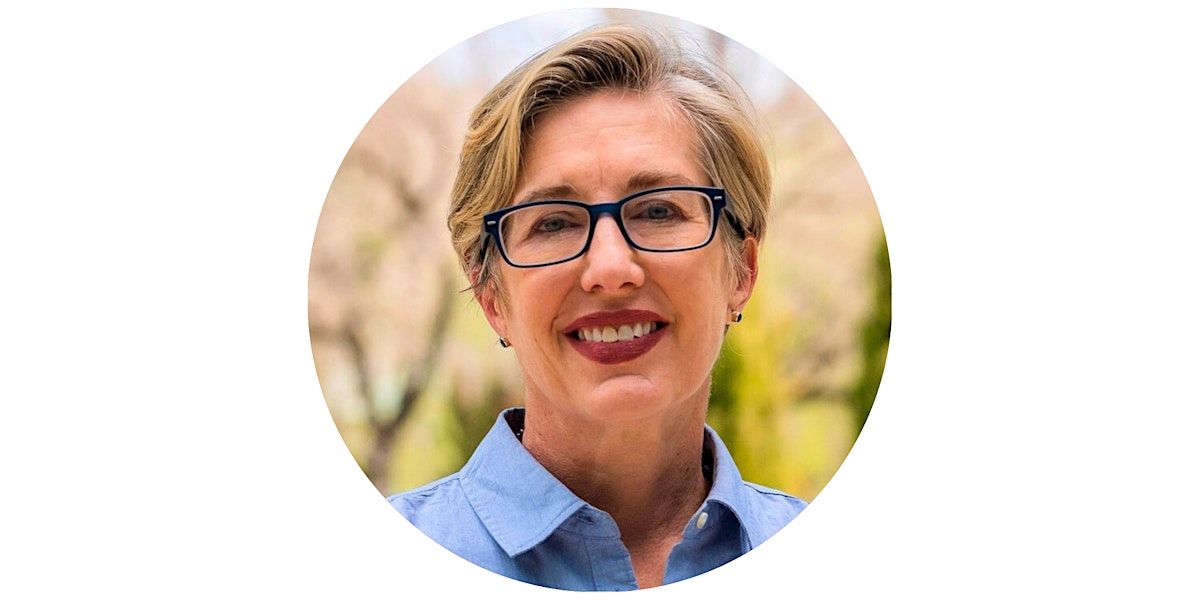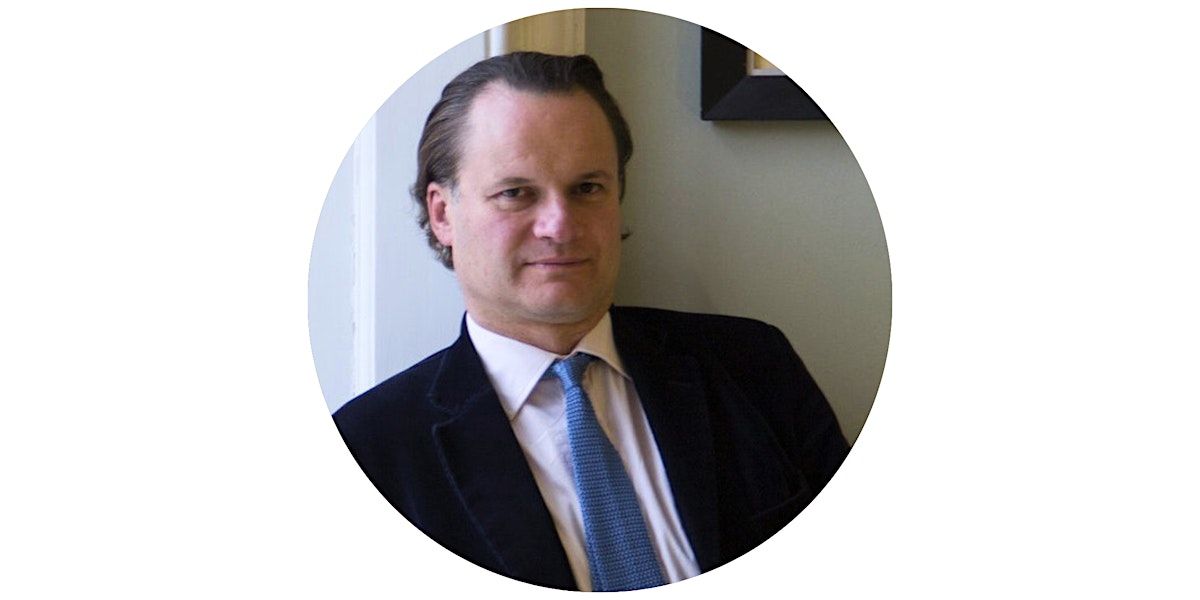
About this Event
What does it really mean to have free will?
In this engaging talk, Professor Pamela Hieronymi pulls apart two aspects of the free will debate by separating “problems in life,” such as obstacles and constraints on thoughts and actions, from a “problem in theory” that arises when trying to understand how agency itself operates.
While the "problems in life" can be avoided, theoretical questions about freedom must be addressed philosophically. Professor Hieronymi proposes we do so by expanding our too-narrow ideas about control. People often mistakenly believe they must control their own decisions in the same way they control their actions, and then find themselves concluding that we do not really control anything—we enjoy only the control of a thermostat. Hieronymi argues, to the contrary, that we control our decisions in a very different way: in the way we control our answers to questions.

Speaker: Professor Pamela Hieronymi
Professor of Philosophy, University of California Los Angeles
Pamela Hieronymi is a Professor of Philosophy at UCLA working at the intersection of ethics, philosophy of mind, and philosophy of action. She is currently unwinding the problem of free will and moral responsibility in a manuscript, Minds Matter. Hieronymi also served as a consultant for NBC’s sitcom, The Good Place.

Chair: Professor Edward Harcourt
Academic Director of the Royal Institute of Philosophy, Professor of Philosophy at the University of Oxford and a Fellow of Keble College
Edward Harcourt is the Academic Director of the Royal Institute of Philosophy, Professor of Philosophy at the University of Oxford and a Fellow of Keble College. His research lies in moral psychology and on the boundaries between ethics and the philosophy of mind. He has published on topics including neo-Aristotelianism and child development; the ethical dimensions of psychoanalysis; love and the virtues; the philosophy of mental health and mental illness; and Wittgenstein.
In March 2022 he completed a four-year secondment to the UKRI Arts and Humanities Research Council as Director of Research, Strategy and Innovation. He currently works two days a week in Oxford’s Department of Psychiatry, where he leads on patient and public engagement for the Oxford Health Biomedical Research Centre. He also directs Mind, Value and Mental Health: The Oxford Summer Schools in Philosophy and Psychiatry, which is due to meet again in Summer 2024.
Important points to note:
- This event is suitable for age 16+
- Accessibility Statement: We aim to make events as accessible as possible. If you have any accessibility requirements, please make us aware of this just now during the booking stage. Or if you have any questions about how we can support your requirements, please contact the Public Engagement team on: [email protected].
- Wheelchair spaces: If you would like to book a space as a wheelchair user, please select the ticket type 'wheelchair user ticket' during the booking process. If this is sold out, please contact the Public Engagement team on: [email protected]..
- To view our full accessibility information please .
- Filming/photography: There may be photography/recording at this event. If you would like to not be recorded, please speak to a member of the Curious team when you arrive.
- Covid-19: If you would like to wear a face mask, please feel comfortable to do so at our events. Please be mindful of other participants and stay at home if you have Covid symptoms or have tested positive for Covid-19.
About TRIP
The Royal Institute of Philosophy is a charity dedicated to the advancement of philosophy in all its branches through the organisation and promotion of teaching, discussion and research of all things philosophical.
Event Venue & Nearby Stays
The Royal Society Of Edinburgh, 22-26 George Street, Edinburgh, United Kingdom
GBP 0.00
